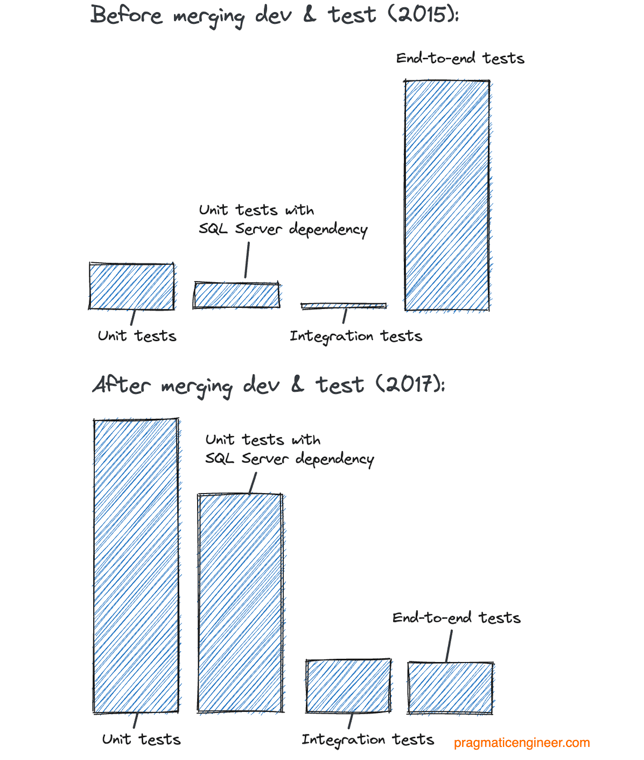👏 Will AI make clinicians' lives easier?, how Microsoft does quality assurance, and more
19th October, 2023
Kevin Sam
2 min read
Hiya 👋
We’re back with another edition of the digital pharmacist digest!
Here are this week's links that are worth your time.
Thanks for reading,
Kevin
📖 What I'm reading
Electronic Health Records Failed to Make Clinicians’ Lives Easier—Will AI Technology Succeed?
🤖 Artificial Intelligence and 🩺💻 Health Informatics
"Dr Bibbins-Domingo: You’re describing a set of activities that has the potential to eat away at the time that clinicians have or the things that they work on in the background, but really can be overwhelmingly burdensome for the clinician workforce.
Dr Johnson: That’s right. This is one of the areas that’s been a real concern of mine. I published a paper in JAMA with Bill Stead about going from safer to smarter approaches in thinking about electronic health records. What we meant was that there are already guides in place to help us understand cognitive burden. But right now, there’s really no metric for cognitive support. There’s no way to say, “This particular tool provides more benefit to a particular community than another tool.” We can say that, as I’ve said before, and forgive my vernacular here, that this tool sucks less than the other tools. But what we really want to say is that this tool actually does what patients and providers need to do without fatiguing and causing issues that relate to staffing; in other words, without burdening the health care system"
We need to chat about artificial intelligence
💊📈 Patient Safety and 🤖 Artificial Intelligence
"Today's LLMs [large language models] are story tellers, not truth tellers. They model how language is used to talk about the world, but at present they do not have models of the world itself."
"LLMs are likely to find application in digital scribes, assisting clinicians to create health records by listening to conversations and creating summaries of the clinical content. They can create conversational agents, which change the way we search medical records and the internet, synthesising answers to our questions rather than retrieving a list of documents"
“The major unintended consequences of generative models are still to be revealed”
Critically, using AI requires retraining of the workforce, retooling health services, and transforming workflows.”
How Microsoft does Quality Assurance (QA)
👨💻 Product management
We combined the dev and test orgs into a consolidated ‘engineering’ org. For the most part, we eliminated the distinction between people who code and people who test. That’s not to say every person does an identical amount of each, but every person does some of everything and is accountable for the quality of what they produce.
So, was all this work worth it in the end? According to Brian, yes it was. Writing at the time, he said: “We are starting to reap the benefits in improved quality, agility and engineer satisfaction.”
Are you enjoying this digest? It would mean a lot if you'd consider forwarding it on to someone that you think would also appreciate it!
Stay up-to-date with the Digital Pharmacist Digest
Any comments provided are personal in nature and do not represent the views of any employer


